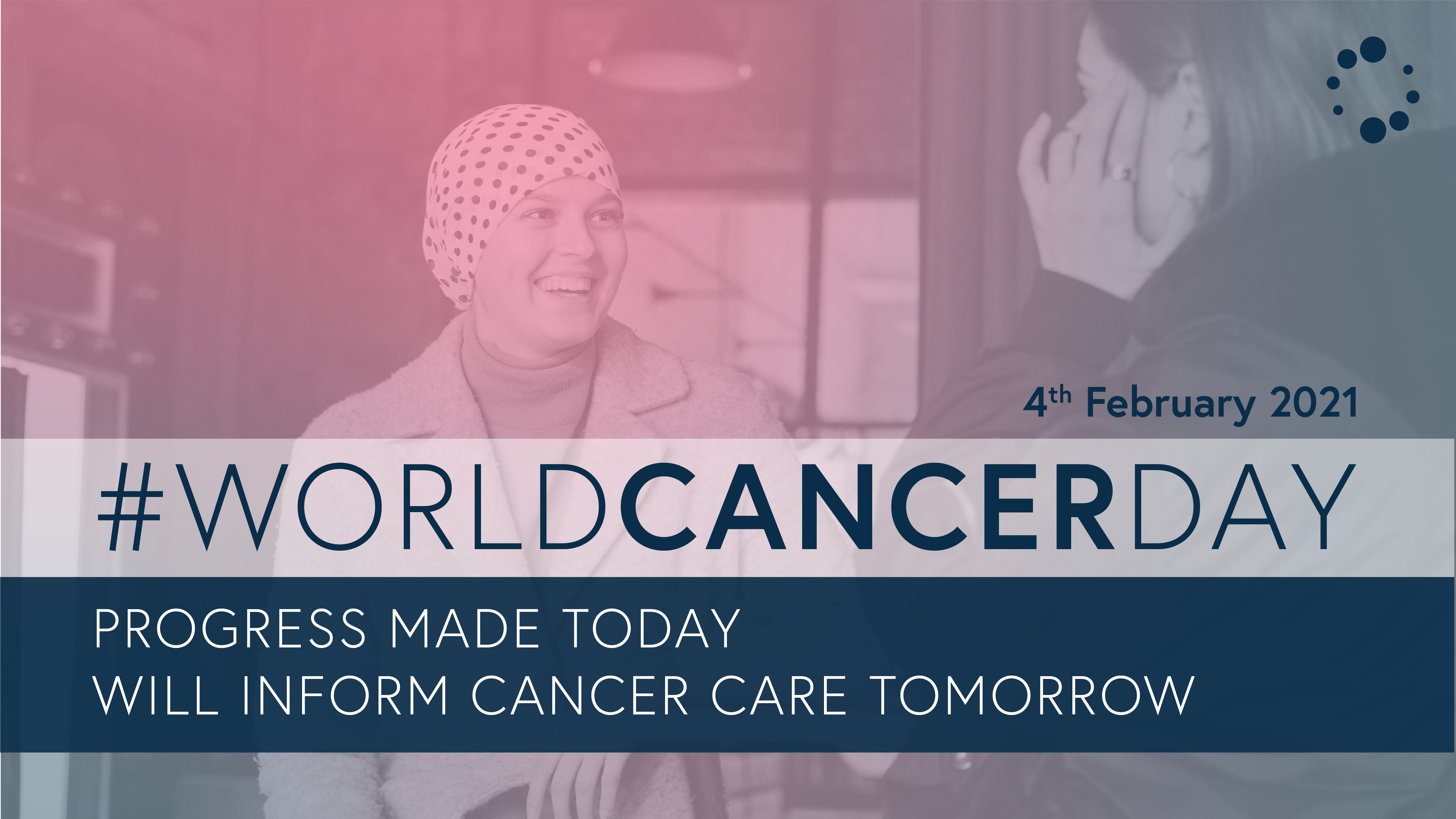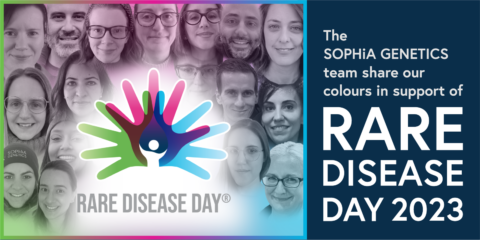On World Cancer Day, we have an opportunity to celebrate the medical advances that have been made in Oncology and how they are enabling patients to access pioneering care. The most significant advances of the last decades were made in the field of personalized medicine.
One of the main promises of the Human Genome Project (HGP) – personalized medicine – originates from pioneering, passionate, genomic research. The study of the changes that occur in the genes of tumor cells has uncovered important insights into the characteristics of tumors. For example, which genes support their functions, growth, sensitivity to treatment – what makes each of them uniquely suited to survive. This information has enabled researchers to conceive targeted therapies; drugs that are designed to pinpoint the uniqueness of each tumor – commonly known as biomarkers. Through the analysis of these biomarkers, healthcare professionals can now refine cancer classifications, staging and prognosis, providing doctors with a novel type of tailored care for their patient.
Non–small cell lung cancer (NSCLC) has become a prominent example of personalized medicine among solid tumor malignancies. Many fields of medicine contributed to forge the novel tools of the medical arsenals and advance NSCLC research. Indeed, the study of various genes involved in lung carcinoma (ALK, RET, MET, ROS1, NTRK, PIK3, AKT, EGFR etc.) was used as a foundation to develop drugs that take advantage of the consequences of their mutations.
In parallel, the demand for molecular testing increased and solutions were developed to help laboratories navigate the abundance of information to assess a tumor’s biomarkers and carefully, prioritize, and report molecular findings.
Since lung carcinomas exhibit strong differences that can be visualized by medical imaging, another ally in the fight against cancer appeared in 2012: Radiomics. This concept can be defined as the comprehensive quantification of tumor phenotypes by applying a large number of quantitative image features. In other terms – images are more than pictures, they are data. Data that can also be measured to assess tumor evolution.
Along with biological data, both radiomics and genomics have become permanent staples of the cancer care toolbox.
What’s next then?
Advanced analytics able to generate insight based on the sum of genomics, radiomics and biological data brings a concept known as multimodality. A limited but rapidly increasing body of literature suggests that, thanks to novel computing capacities, multimodality holds the potential to increase precision in diagnosis, prognosis and treatment decision.
While NSCLC appears to be shifting toward multi-markers, it is likely that exciting innovations will come from multimodal approaches. These approaches could represent transformative progress for patients around the world: discovery of novel biomarkers to develop new therapies, further capacity to match the right treatment to the right patients in clinical trials as well as in routine clinical care, and the ability to follow patients longitudinally through a multimodal approach. This could refine the prediction of disease evolution and consolidate drug development, further personalizing patients’ care.
For more information on how multimodal approaches can advance precision medicine development: click here to book a non-promotional virtual meeting with one of our experts.












